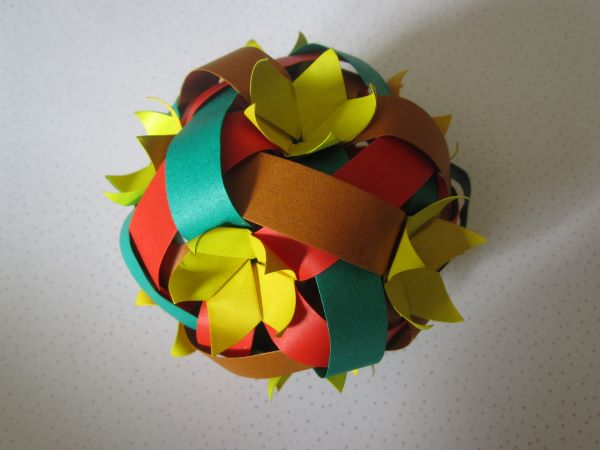When FTB went down for several days, we all had a bit of an existentialist moment. What if FTB goes down for good? Well, it hasn’t happened yet, but even without any catastrophic incident, it’s fairly obvious that blogging is on the decline. If it’s not a sudden death, we’re just going to slowly fade away instead. It’s fine.
By “we”, I mean independent hobbyist bloggers. Independent means we’re not bound to any particular platform. Hobbyist means we don’t do it for money (although some may make money incidentally). Blogger means we chronically write, generally nonfiction in the medium length range between tweets and novellas.
I have to attach the adjectives, because I think that there’s still plenty of interest in blogging. It’s just the specific niche of independent hobbyist bloggers who are on the decline. We’re squeezed on two sides, first on the “independent” side and second on the “hobbyist” side.

